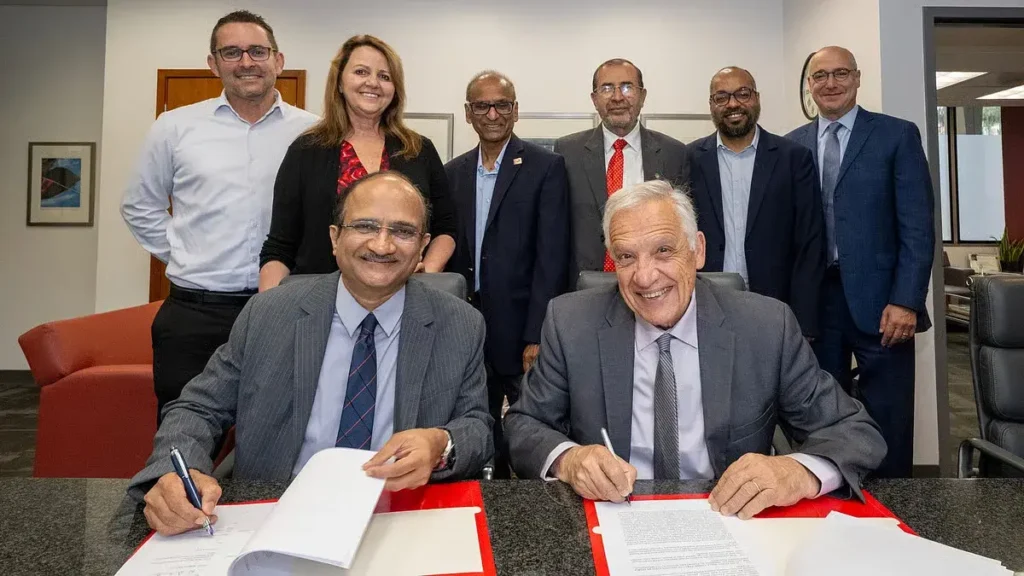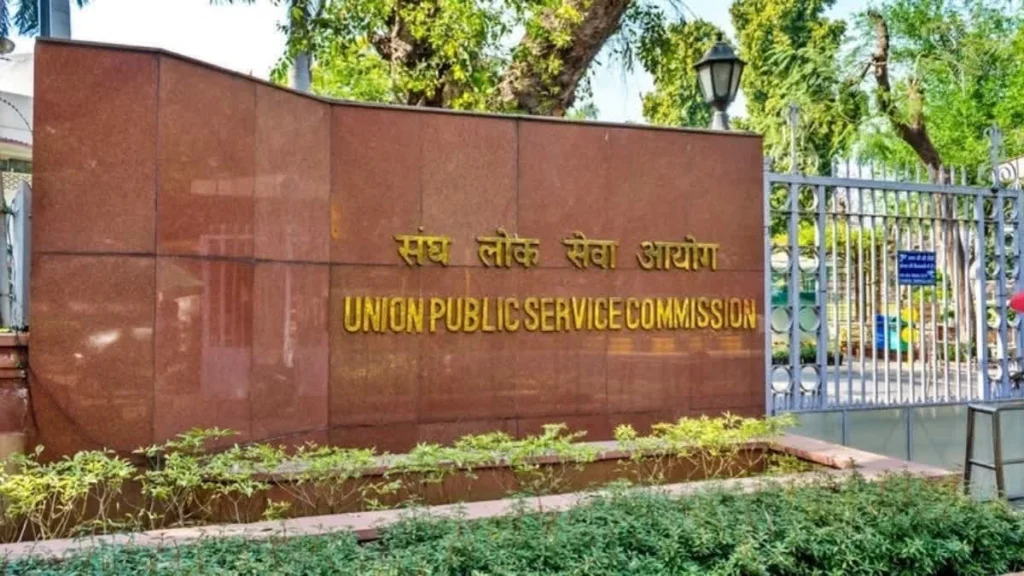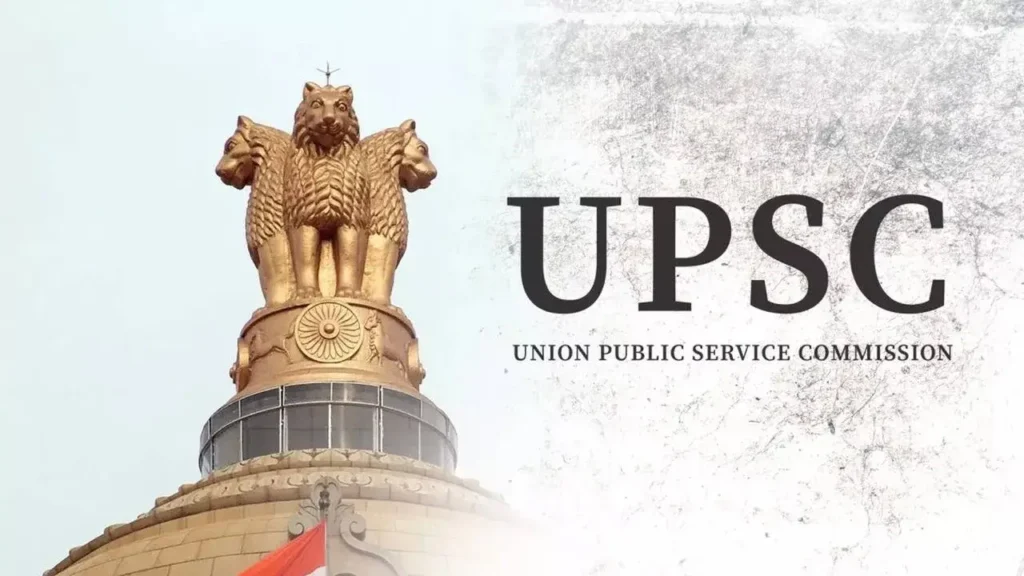IIM Calcutta Launches Executive Programme on Strategic Marketing and AI Integration
The Indian Institute of Management Calcutta (IIM Calcutta) has introduced a new executive education programme titled “Strategic Marketing for Leaders: Leveraging AI for Growth” in partnership with Emeritus. The 18-week online course is designed for mid to senior-level professionals seeking to harness artificial intelligence (AI) to drive innovation and growth in marketing. The programme addresses a growing demand for AI expertise in marketing sectors. Recent industry reports highlight this trend: According to the PwC Global CEO Survey 2024, 70% of Indian CEOs expect Generative AI to significantly impact value creation, particularly in marketing and customer experience. Additionally, EY’s report “The AIdea of India: 2025” reveals that 71% of Indian retailers plan to adopt Generative AI within the next year. IIM Calcutta, ranked fifth in India by the National Institutional Ranking Framework (NIRF) 2024 and accredited by global bodies including AMBA, EQUIS, and AACSB, will deliver the programme curriculum. Key learning areas include predictive analytics, generative AI applications in marketing, omnichannel strategy, customer journey mapping, and strategic planning involving branding, pricing, and performance marketing. The course features a combination of asynchronous video lectures and live sessions led by Professor Saravana Jaikumar from IIM Calcutta. Participants will engage with real-world case studies from brands such as Nike, Apple, and Southwest Airlines, along with simulations and a final capstone project to reinforce practical learning. As an added benefit, participants can attend an optional one-day networking and immersion event at the IIM Calcutta campus, providing valuable opportunities to interact with faculty, peers, and industry leaders. The programme targets graduates and diploma holders (minimum 10+2+3 education) working in marketing, digital marketing, consulting, business strategy, retail, FMCG, technology, ecommerce, and media sectors. It is especially relevant for those moving into strategic leadership roles or responsible for customer engagement and growth. Avnish Singhal, Executive Vice President and Head for India & APAC at Emeritus, commented, “This programme equips marketing leaders with the strategic insight and AI expertise needed to lead business transformation and innovation in today’s fast-changing landscape.” Interested professionals can find more information about the programme, enrollment process, fees, and deadlines on the official websites of IIM Calcutta and Emeritus. Source: IIM-C
IIM Calcutta Launches Executive Programme on Strategic Marketing and AI Integration Read More »










